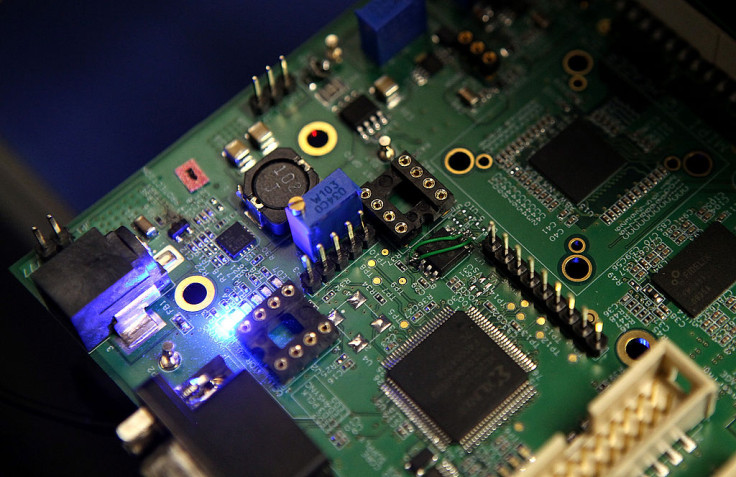Trump Escalates Trade Fight With China, Citing National Security Concerns Over Chips

Former President Donald Trump has intensified his trade battle with China, announcing new tariffs focused on imported semiconductors. The move, he says, is meant to protect US national security and encourage domestic chip production.
Trump, speaking from Air Force One after a trip to Florida, confirmed that the new tariffs will be revealed in the coming week, TheHindu said.
Though he left some room for adjustments, he emphasized that the United States must reduce its dependence on foreign-made chips.
"We want to make our chips and semiconductors and other things in our country," Trump told reporters. "Nobody should be so rigid, but we have to protect ourselves."
Just days earlier, the White House had temporarily excluded smartphones and laptops from tariff hikes, offering a brief relief to the tech industry.
But Trump's latest remarks suggest that exemption may soon end. His administration now plans to include phones and computers in the upcoming tariffs, according to Commerce Secretary Howard Lutnick.
Lutnick announced that within the next two months, a targeted tariff—referred to as a "special focus" measure—will be imposed on technology products, including smartphones and computers.
These duties are separate from Trump's reciprocal tariffs, which recently jumped to 125% on some Chinese imports.
China responded by raising its own tariffs to match. On Sunday, China's Ministry of Commerce said it was "evaluating the impact" of Trump's exclusions, and warned that only those who start trade wars can end them.
Miller
— Biff Smallberries (@B_Smallberries) April 13, 2025
Trump Admin specifically said that chips and semiconductors were going to be dealt with through a separate Commerce authority. That was ALWAYS the plan because those components are essential to our national security... There are no 'exemptions'.pic.twitter.com/GQOFvS1f2Y
S&P 500 Drops 10% Amid Trump's Escalating China Tariffs
Trump also announced a national security investigation into the entire electronics supply chain, raising further concerns about US-China relations.
Trump emphasized on social media that no one would be let off the hook, asserting a firm stance against what he described as hostile trading partners, including China. The ongoing exchanges have led to significant volatility in the stock market.
According to Reuters, the S&P 500 has dropped more than 10% since Trump took office in January. Investors and business leaders have expressed growing concern over the instability.
"Well-run businesses can't plan with changes every day," said Sven Henrich, a market strategist.
Billionaire investor Bill Ackman has called on former President Trump to implement a 90-day suspension of tariffs on Chinese imports. "He would still push companies to move away from China without hurting the US economy," Ackman wrote on X.
Meanwhile, Trade Representative Jamieson Greer said the US is in talks with several non-Chinese nations to build stronger trade partnerships. However, he noted that there were no plans for Trump to speak directly with Chinese President Xi Jinping.
With a possible recession looming, some experts warn that continued tariff battles could do lasting damage. "We're at a decision-making point," said hedge fund manager Ray Dalio. "If this isn't handled well, things could get much worse."
Originally published on vcpost.com




















